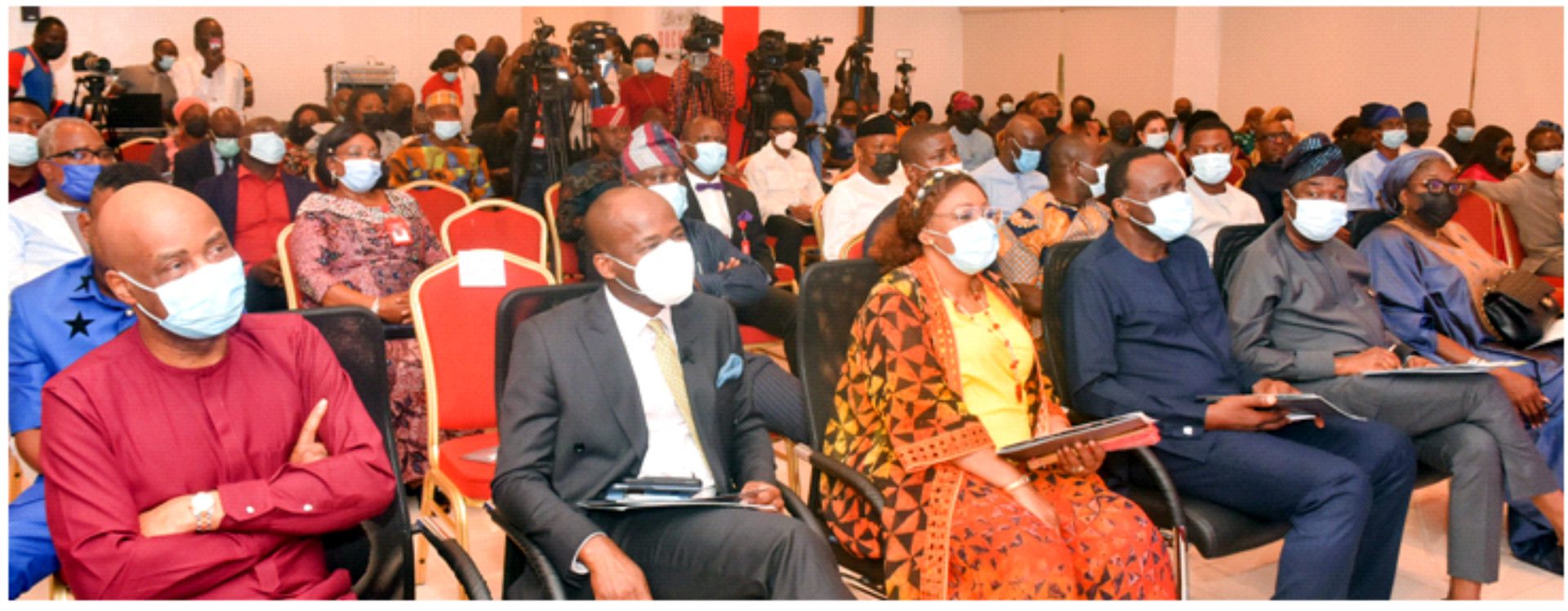Contrary to widely held belief that HIV/AIDS is solely a medical issue, it is now seen as constituting both social and governance issues.
Disclosing this during a recent three-day South-South training on the National HIV Self Testing (HIVST) and Pre-Exposure Prophylaxis (PrEP) Communication Strategy, held in Asaba, Delta State, the State Commissioner for Information, Hon. Aniagwu Charles Ehiedu, said it is beyond a medical issue.
Speaking while declaring the training open, Ehiedu said HIV/AIDS should now be viewed as being both social and governance issue in order to attract necessary attention towards its elimination.
In terms of it being a social issue, he stated that it is not only those in the medical field that requires information on HIV/AIDS in order to check its transmission.
“Before now, when they talk about HIV, we begin to look for doctors and those in the medical profession to talk to. It’s no longer the case again. Now, you have to talk to even those of us who are not in the medical profession.
“The information you take to people in the villages is not also for people in the medical profession, those who are infected that need to come out to access ART are not just those in the medical profession.
“Again,letting people understand that they don’t need to suffer on account of stigma is not just a medical issue, and getting individuals to embrace the HIVST is not a medical issue.
“These are all social issues that need to be addressed”, he said.
On HIV being a governance issue, the Commissioner explained that if those in governance do not understand the intricacies involved in creating the needed awareness on HIV/AIDS, they would be reluctant to fund programmes on awareness creation.
“If those of us in authority don’t understand these (HIV/AIDS) messages and what to do with them, we are not likely going to provide the funding that is needed to be able to drive the sensitisation process”, he said.
He, therefore, tasked journalists in the training on the importance of their role in the HIV sensitisation process, and other international donor agencies, urging all to be on their toes in the implementation of what is expected of them.
In her opening remarks, the South-South Zonal Coordinator, National Agency for the Control of AIDS (NACA), Dr. Uduak Daniel noted that the three-day communication strategy for key stakeholders was the first of its kind, and was held by the zone.
“ We’re very excited, and because we have an HIV media advocacy platform, we are going to be able to showcase how the programmers and the media can work together, using policy documents to come up with activities that will stand the test of time”, she said.
Daniel expressed the hope that whatever model the Zone will come up with will be the one other zones in the national HIV response will emulate.
On its part, the Lead Implementing partner in Delta State, Caritas Nigeria, expressed its commitment in driving the HIV/AIDS response and other developmental issues in Delta State.
The State Team Lead, Dr. Dorcas Magbadelo, who made this known said, “Caritas Nigeria remains committed to ensuring that epidemic control is achieved in Delta State and across the sister states”.
In attendance at the training were members of the zone’s HIV Media Advocacy Platforms; implementing partners of the zone; and State Agency for the Control of AIDS (SACA) Programme Managers in the zone.

